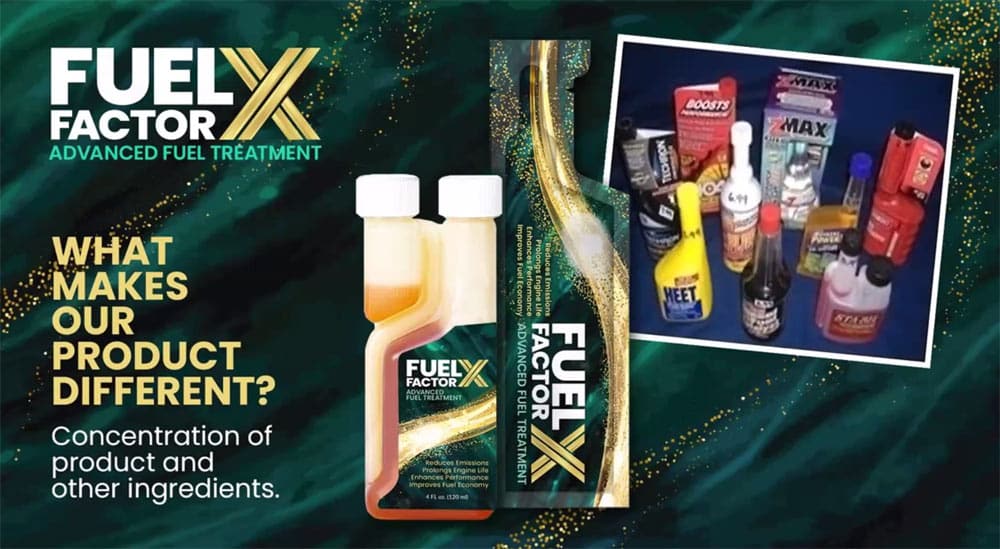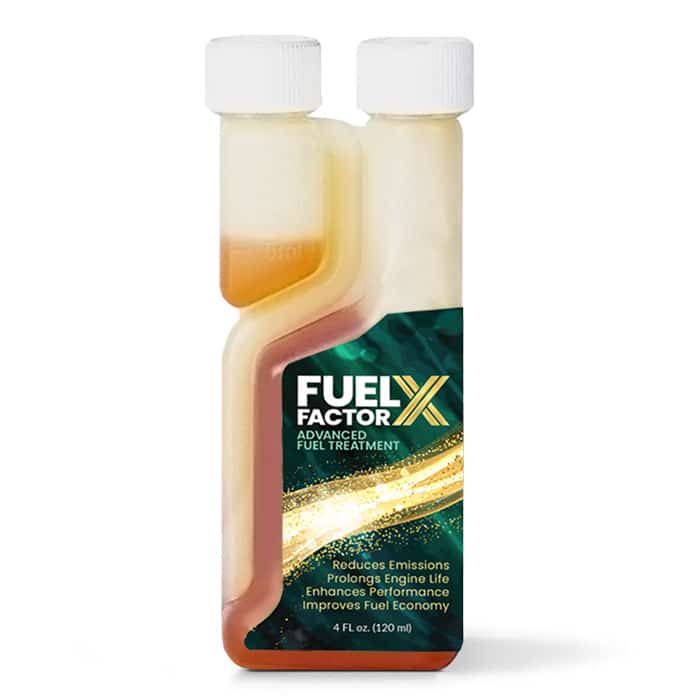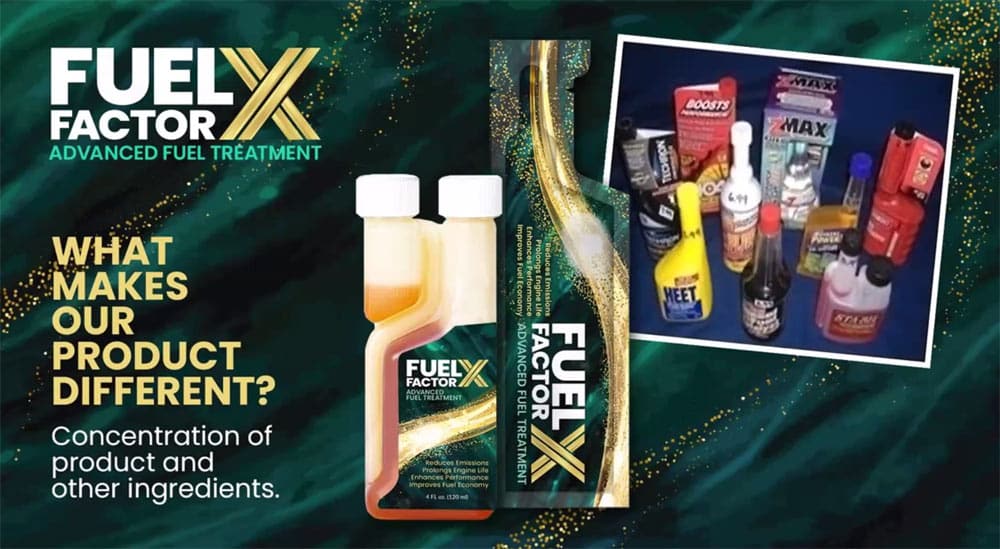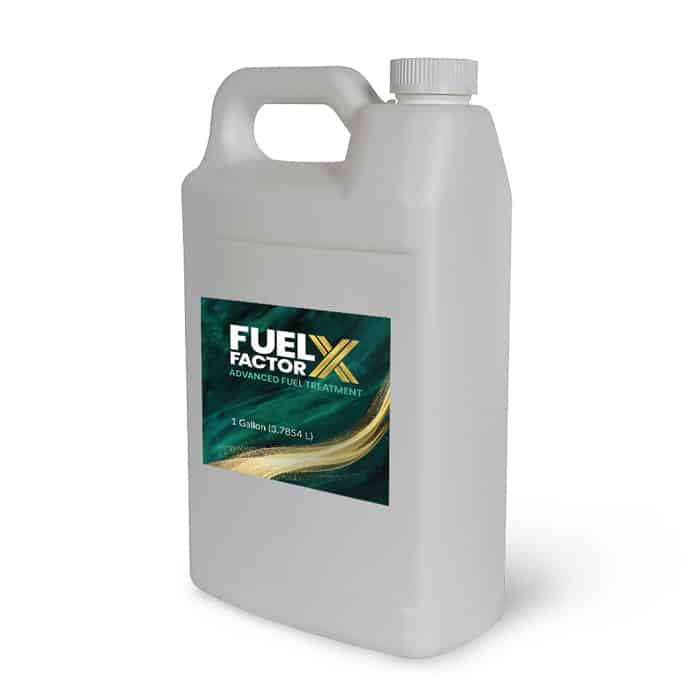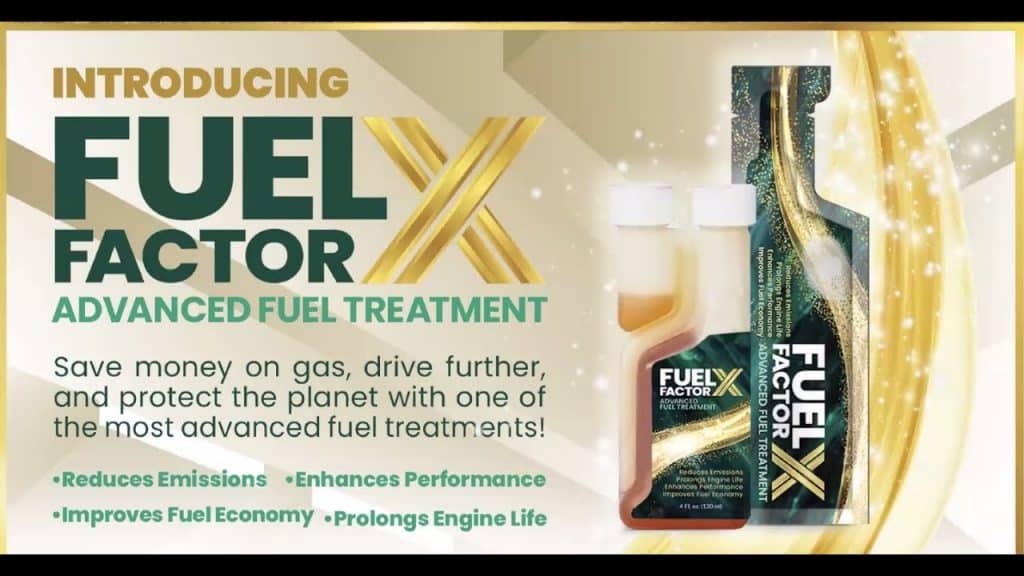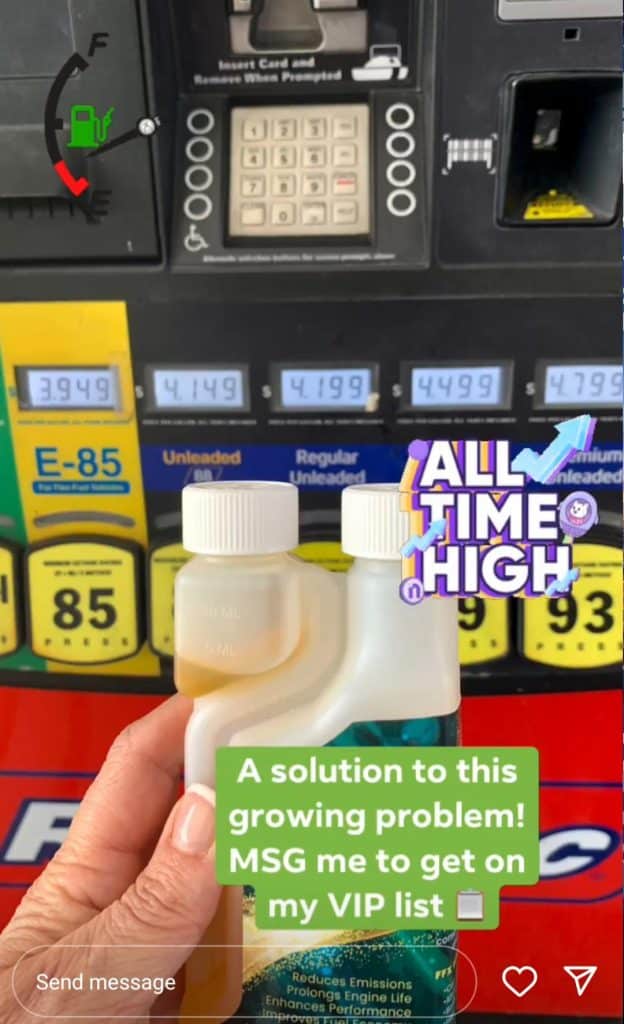In the world of automotive performance enhancements, the battle between Fuel Factor X and Octane Boosters has sparked curiosity and debate among enthusiasts and experts alike.
Both claim to improve engine performance and efficiency, but what sets them apart? In this article, we delve into the differences, benefits, and potential drawbacks of these two fuel additives, shedding light on the ongoing dilemma faced by car enthusiasts seeking that extra boost for their beloved machines.
What is Fuel Factor X?
Definition
Fuel Factor X is a specialized additive designed to enhance gasoline performance and improve overall fuel efficiency. It is formulated using a unique blend of chemicals and compounds that work together to optimize combustion within the engine.
Composition
The exact composition of Fuel Factor X varies depending on the brand, but it typically contains a combination of detergents, antioxidants, corrosion inhibitors, and combustion enhancers. These ingredients work synergistically to improve engine performance and fuel economy.
Function
Fuel Factor X works by modifying the properties of gasoline, allowing for better combustion and increased efficiency. It helps to remove carbon deposits from fuel injectors and valves, leading to improved fuel atomization and more complete combustion. This results in enhanced engine power, reduced emissions, and improved fuel economy.
What are Octane Boosters?
Definition
As the name suggests, octane boosters are additives specifically formulated to increase the octane rating of gasoline. The octane rating represents a fuel’s resistance to engine knocking or pinging, which can occur when the air-fuel mixture ignites prematurely in the combustion chamber.
Composition
With high octane ratings, octane boosters typically contain chemicals such as toluene, xylene, and ethyl acetate. These compounds are designed to raise the octane level of gasoline, allowing for more controlled combustion and reduced knocking.
Function
The primary function of octane boosters is to prevent engine knocking or pinging, which can lead to decreased engine performance and potential damage. By increasing the octane rating of gasoline, octane boosters ensure that the fuel burns properly and improves combustion efficiency.
Comparison of Fuel Factor X and Octane Boosters
Purpose
Fuel Factor X aims to optimize combustion and improve fuel economy, while octane boosters primarily focus on preventing engine knocking. While both additives aim to improve engine performance, their specific goals differ.
Effectiveness
In terms of effectiveness, Fuel Factor X offers a more comprehensive solution. It improves engine performance and fuel efficiency, reduces emissions, and extends engine life. On the other hand, octane boosters primarily address the issue of engine knocking and may have a limited impact on overall performance.
Cost
The cost of Fuel Factor X tends to be higher than octane boosters. This is mainly due to its more advanced formulation and a broader range of benefits. Octane boosters are generally less expensive because they are more targeted in their purpose.
Availability
Fuel Factor X may have limited availability, as it is a specialized additive that may not be as widely stocked in gas stations or auto parts stores. On the other hand, octane boosters are readily available and can be easily purchased from various outlets.
Compatibility
Fuel Factor X and octane boosters are generally compatible with most gasoline engines. However, it is essential to check each product’s specific recommendations and compatibility with your vehicle, as specific engines or fuel systems may have restrictions.
Benefits of Fuel Factor X
Improved Engine Performance
Fuel Factor X enhances engine performance by optimizing combustion. Improving fuel atomization and combustion efficiency allows the engine to generate more power and torque. This results in smoother acceleration, better throttle response, and improved performance.
Increased Fuel Efficiency
One of the significant benefits of Fuel Factor X is its ability to improve fuel efficiency. Through its optimized combustion properties, it helps to extract more energy from the fuel, reducing wastage and maximizing fuel economy. This can lead to significant savings in fuel costs over time.
Reduced Emissions
With its ability to improve combustion efficiency, Fuel Factor X helps to reduce emissions such as carbon monoxide, nitrogen oxides, and particulate matter. This is beneficial not only for the environment but also for meeting stringent emissions regulations.
Extended Engine Life
By promoting cleaner combustion and reducing the build-up of carbon deposits, Fuel Factor X can help extend the life of your engine. It helps to keep fuel injectors, valves, and other engine components clean, preventing potential issues and costly repairs.
Benefits of Octane Boosters
Increased Octane Rating
The primary benefit of using octane boosters is the increased octane rating of the fuel. This ensures that the fuel is less prone to premature combustion and engine knocking, resulting in smoother and more efficient engine operation.
Prevents Engine Knocking
Octane boosters are specifically formulated to prevent engine knocking or pinging. Increasing the octane rating of the fuel allows for more controlled combustion, reducing the risk of damage to the engine and maintaining optimal performance.
Improved Combustion
With the prevention of engine knocking, octane boosters enable more efficient and complete fuel combustion. This can improve engine power, smoother operation, and better overall performance.
Enhanced Performance
By addressing the issue of engine knocking and optimizing combustion, octane boosters can enhance engine performance. This can be particularly beneficial for high-performance and high-compression engines where knocking is more likely to occur.
Drawbacks of Fuel Factor X
Limited Availability
One of the drawbacks of Fuel Factor X is its limited availability. As a specialized additive, it may not be as easily found in all gas stations or auto parts stores. This can be inconvenient for those who rely on readily available fuel additives.
Higher Cost
Compared to other fuel additives, Fuel Factor X tends to be more expensive. Its advanced formulation and comprehensive benefits contribute to its higher price, which may be a consideration for those on a tight budget.
Compatibility Issues
While generally compatible with most gasoline engines, Fuel Factor X may not suit all vehicles. It is essential to check the compatibility of the additive with your specific engine and fuel system to avoid any potential issues.
Drawbacks of Octane Boosters
Temporary Solution
One drawback of octane boosters is that they provide a temporary solution to engine knocking. Once the additive is no longer in the fuel system, the octane rating may revert to its original level, potentially leading to the engine knocking again.
Potential Engine Damage
If not used correctly or in excessive amounts, octane boosters can potentially cause engine damage. High levels of certain chemicals found in octane boosters may adversely affect engine components if misused or in incompatible engines.
Limited Effectiveness
While octane boosters effectively prevent engine knocking, their impact on overall performance may be limited. They primarily address the knocking issue and may not provide the same comprehensive benefits as other fuel additives.
Dependency
Using octane boosters regularly may create a dependency on the additive to maintain engine performance. This can concern some individuals who prefer a more natural, long-term solution for optimizing fuel and engine performance.
Factors to Consider When Choosing Between Fuel Factor X and Octane Boosters
Vehicle Requirements
Consider the specific requirements of your vehicle, including the make, model, and engine type. Some engines may have specific recommendations or restrictions on using certain fuel additives.
Engine Type
High-performance engines or engines with high compression ratios may benefit more from octane boosters, as they are more susceptible to engine knocking. On the other hand, Fuel Factor X may offer more advantages for regular engines regarding overall performance and fuel efficiency.
Performance Goals
Evaluate your desired performance goals for your vehicle. If your primary concern is preventing engine knocking, octane boosters may be the way to go. Fuel Factor X may be the better choice if you are looking for a more comprehensive solution that improves overall engine performance and fuel efficiency.
Budget
Consider your budget for fuel additives. Fuel Factor X tends to be more expensive due to its advanced formulation and broader range of benefits. Octane boosters are generally more affordable because they are more targeted in their purpose.
Long-Term Effects
Think about the long-term effects of using fuel additives. Consider whether you prefer a temporary solution that requires regular use of octane boosters or a more sustainable approach with Fuel Factor X that provides comprehensive benefits over time.
Potential Harm of Mixing Fuel Factor X and Octane Boosters
Chemical Reactions
When mixing different fuel additives, there is a risk of chemical reactions occurring. These reactions can potentially result in the formation of harmful byproducts or affect the stability and performance of the fuel.
Engine Damage
Mixing incompatible additives or using them in excessive amounts can potentially cause damage to the engine. The various chemicals found in fuel additives may affect engine components differently when combined or misused.
Reduced Performance
Combining Fuel Factor X and octane boosters may not necessarily improve performance. Incompatibility or contradictory effects of the additives may lead to reduced performance or engine issues.
Safety Risks
Improperly mixing or using fuel additives can pose safety risks. It is essential to follow the recommended dosage and instructions the manufacturer provides to ensure these products’ safe and effective use.
Conclusion
In conclusion, both Fuel Factor X and octane boosters offer benefits for optimizing engine performance and fuel efficiency. Fuel Factor X provides a comprehensive solution to improve engine performance, increase fuel efficiency, reduce emissions, and extend engine life. Octane boosters primarily focus on preventing engine knocking and improving combustion efficiency.
When choosing between the two, it is essential to consider factors such as vehicle requirements, engine type, performance goals, budget, and long-term effects. Mixing fuel additives should be done cautiously, as it can lead to chemical reactions, engine damage, reduced performance, and safety risks. Ultimately, the choice between Fuel Factor X and octane boosters depends on individual preferences, specific vehicle needs, and desired outcomes.
